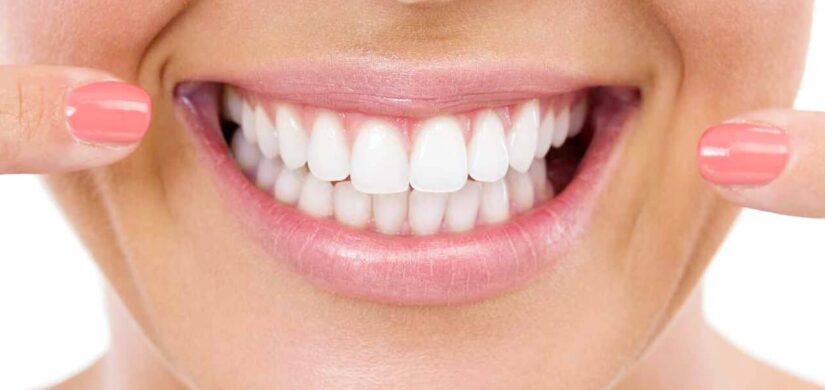Congratulations on your new dentures. We are excited about a better smile and function as you use your dentures. Please review the following instructions:
New Appliance
If this is your first denture, your mouth may take some time to adjust to the presence of an appliance. Eventually, your tongue and cheek tissues will get used to the presence of the dentures in your mouth.
Replacement Dentures
If you had dentures before and are getting them replaced, the new dentures may feel different fit, polish, shape and texture. Because it is impossible to make the dentures exactly similar to your previous dentures.
Speech
Speech may be affected for a few days but as you wear your dentures, it returns to normal.
Denture soreness
As you adjust into your new denture, you may notice some areas of soreness. If soreness doesn’t resolve in 2 days, your denture may need adjustments. Moreover, most dentures will need multiple adjustments before fully comfortable. Please call our office if a sore spot has lasted more than 2 days.
Bite adjustment
We will try our best to make sure your bite is even when you leave. However, occasionally you may need a bite adjustment. If you feel your bite is not even or it hurts to chew, call us immediately so we can schedule you for bite adjustment.
Importance of Improved home dental care
For partial dentures, it is extremely important to maintain great home dental hygiene to avoid cavities on the teeth that support your partials. Food typically gets trapped under partials and can cause cavities on adjacent teeth. After every meal, remove your partials and rinse your mouth and denture. If possible, brush your teeth. At night, take your partials out and follow a meticulous home care routine to ensure no food residue remains on your teeth.
Please call our office with any questions or concerns.
Pain and Swelling
Please leave the immediate dentures in place for 24 hours after your teeth have been removed. Because the dentures will act as a bandage to protect the extraction sites and to prevent swelling. Also, the dentures will limit the bleeding and swelling with their splinting. Place ice packs on the face in the extraction areas for 20 minute intervals will help minimize the pain. And please follow pain medication instructions as per the doctor’s prescription.
Rinsing
DO NOT RINSE YOUR MOUTH in the first 24 hours, as this may dislodge the clots in the tooth socket. As a result, you may develop a dry socket, which can be very painful. This rarely happens but when it does, it is usually the result of smoking. If you feel the need to remove the dentures, remember to rinse them quickly with cold water and reinsert immediately. If you cannot insert the denture, wait for your dentist to help you. We recommend that you place a towel on your pillow, because it is normal to have some oozing of blood.
Diet
In the first 24 hours, your diet should consist of non- carbonated, cold beverages (i.e. ice tea) and soft foods. Progress diet as healing allows.
Denture and Mouth Care
AFTER INITIAL 24 HOURS, Use a denture brush that is contoured to clean your denture and an ADA approved denture- cleaning solution. Clean dentures twice a day. When the denture is out of your mouth, place in water to prevent the acrylic from drying out. Do not wear your denture at night, because exposure to oxygen is best for your gums.
Bite
In the first 24 hours, the dentures may not feel right. Moreover, you may also experience salivation and gagging for the first few days. We will adjust your denture over the next couple of appointments. Please be patient as you heal. The doctor and his staff will help you adjust to your new prosthesis.
Healing
Over the next 3-4 months, you will have many changes in your mouth. Remember the removal of teeth involves bones and bone requires 3 months to completely heal, (like hip surgery). You can purchase denture adhesive at the drug store (any kind will work), which will help hold the denture in place while you heal.
Chewing
Please chew your food on both sides of your mouth with your dentures. And you will learn to master this quickly if you like to eat. There are four major muscles and several minor muscles associated with chewing and they will adapt over time to your prosthesis.
Speech
You may notice a lisp or slurring of your speech in the first days of wearing your denture. Which is normal and will disappear as you adjust to your denture.
Esthetics
For many people, a denture is replacing stained or diseased teeth. The denture will not only help you feel healthier but will help you look better.
REMEMBER– Your tongue and your cheeks hold the lower denture in place. Some patients can master this technique quickly and for others it takes some time. You will never have complete seating of the lower denture because there is no possibility of “suction” like that obtained in the upper denture. For some patients with a large amount of bone loss, a small amount of adhesive will always be necessary.




